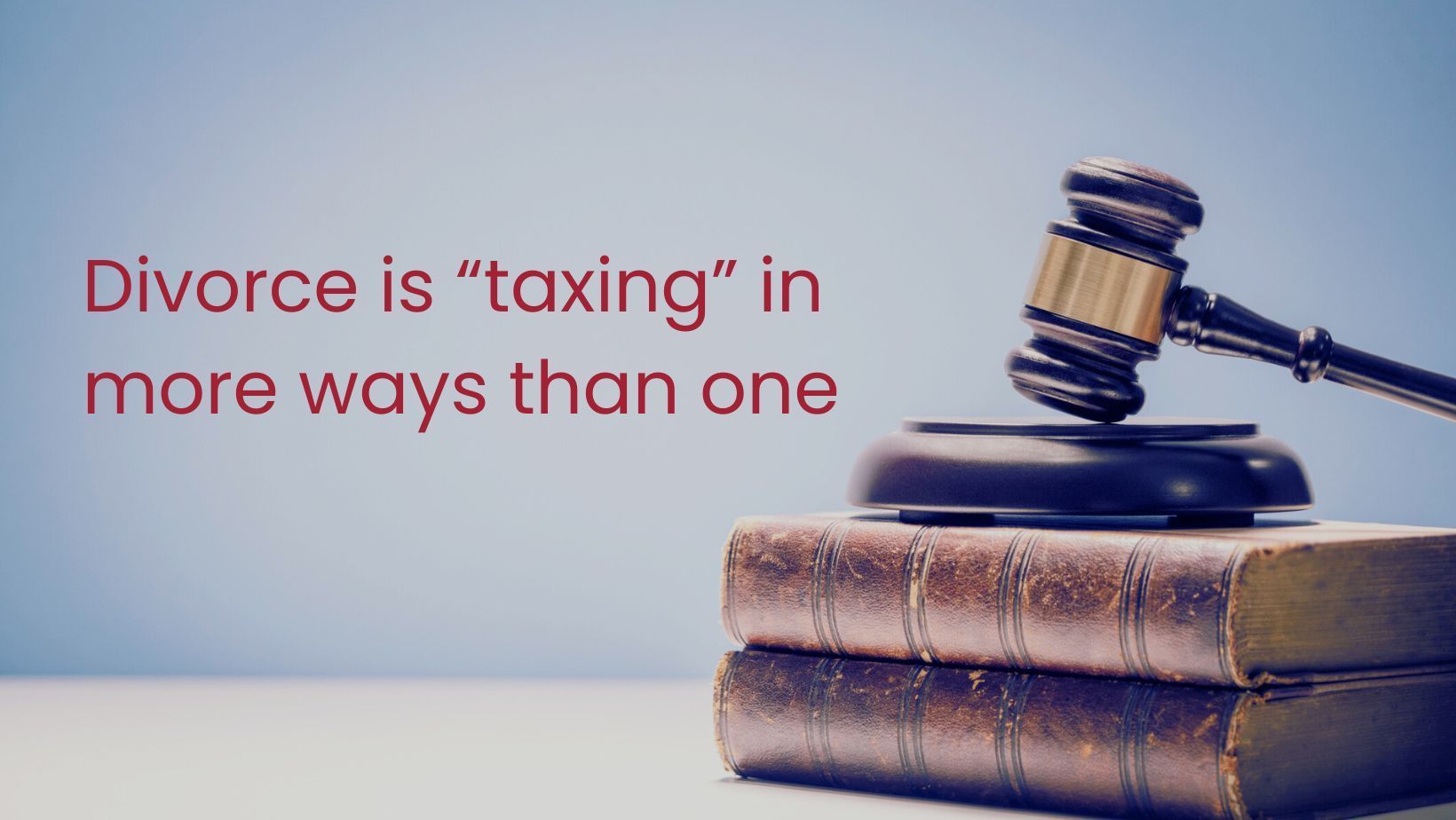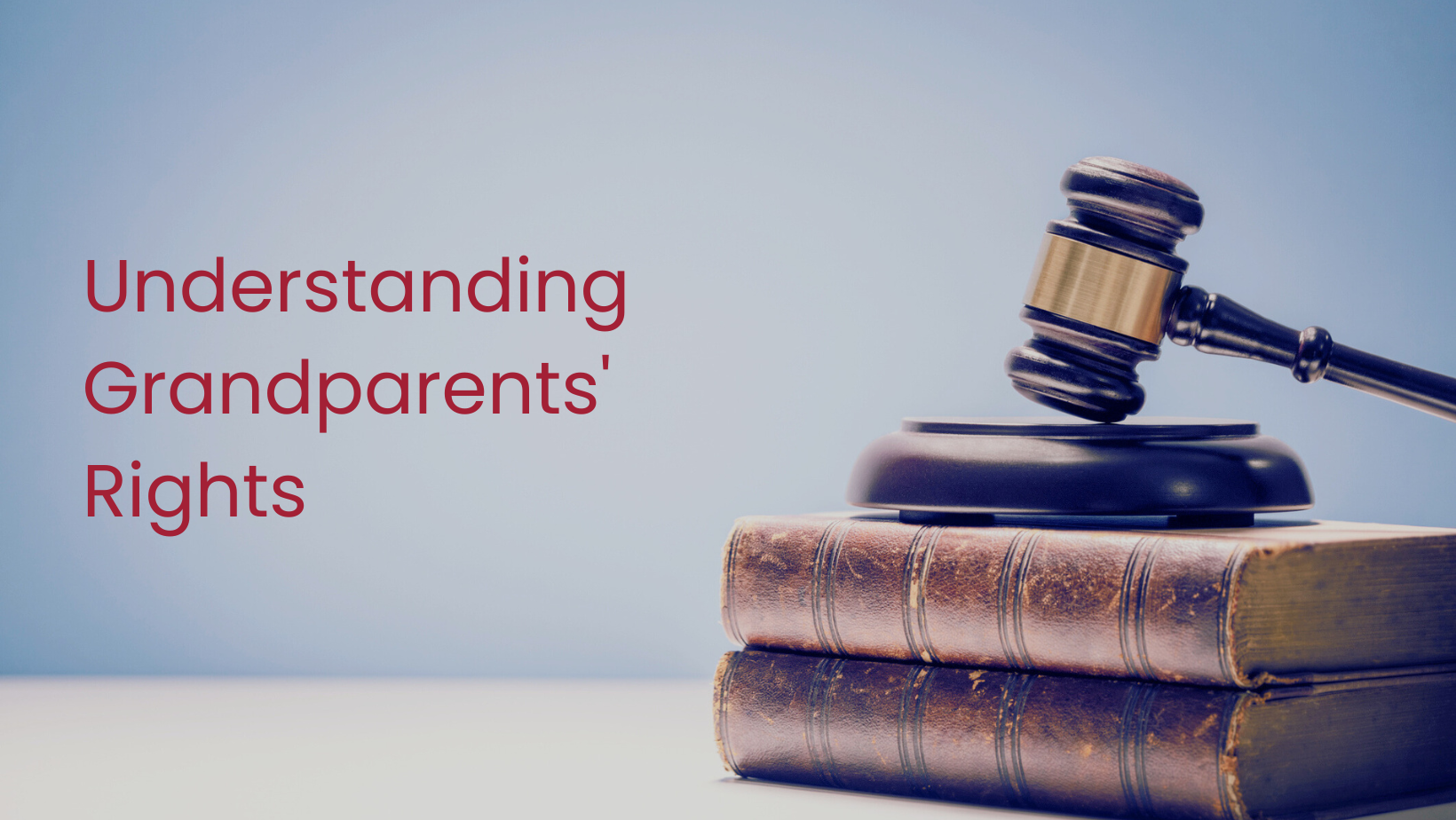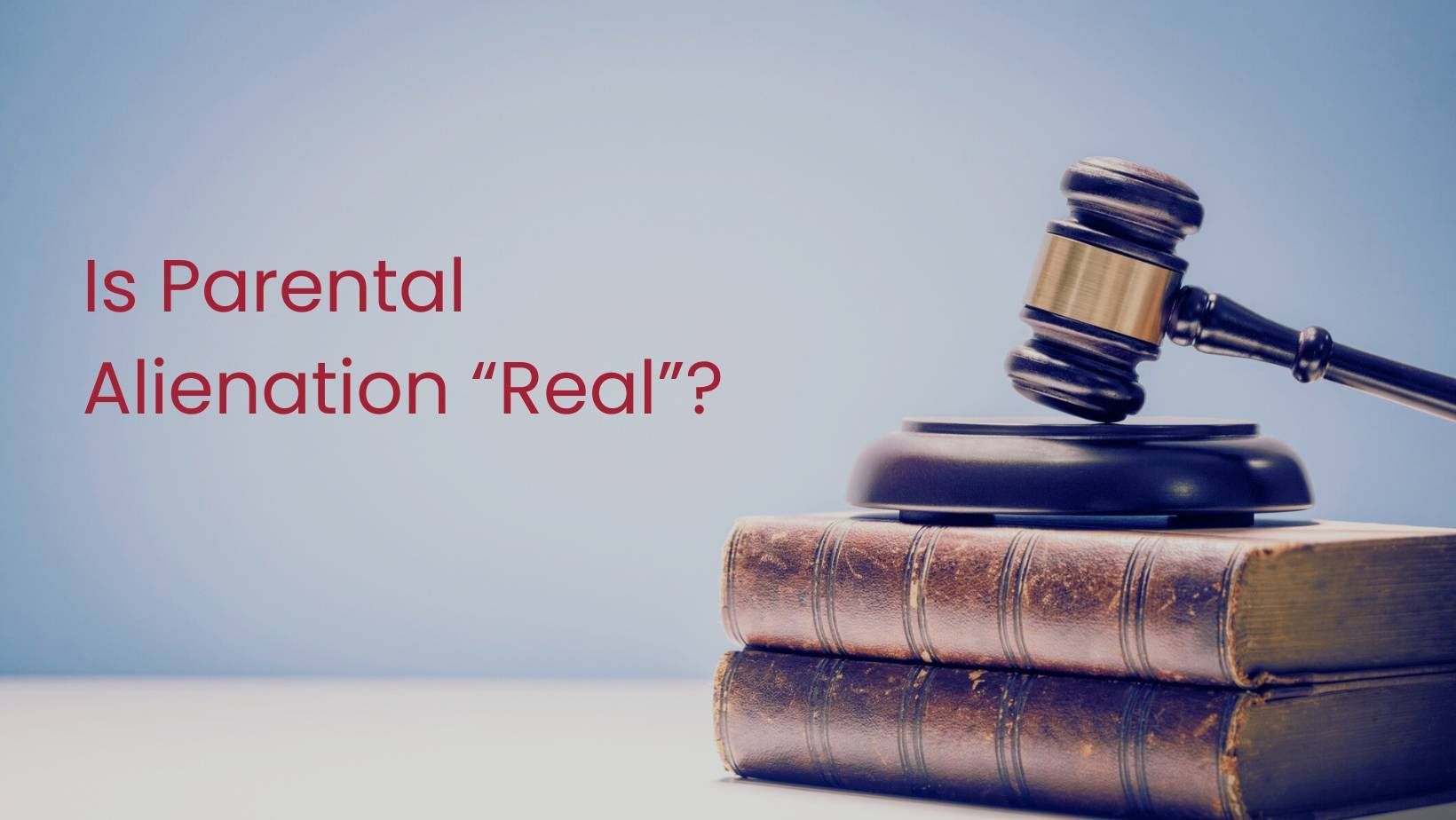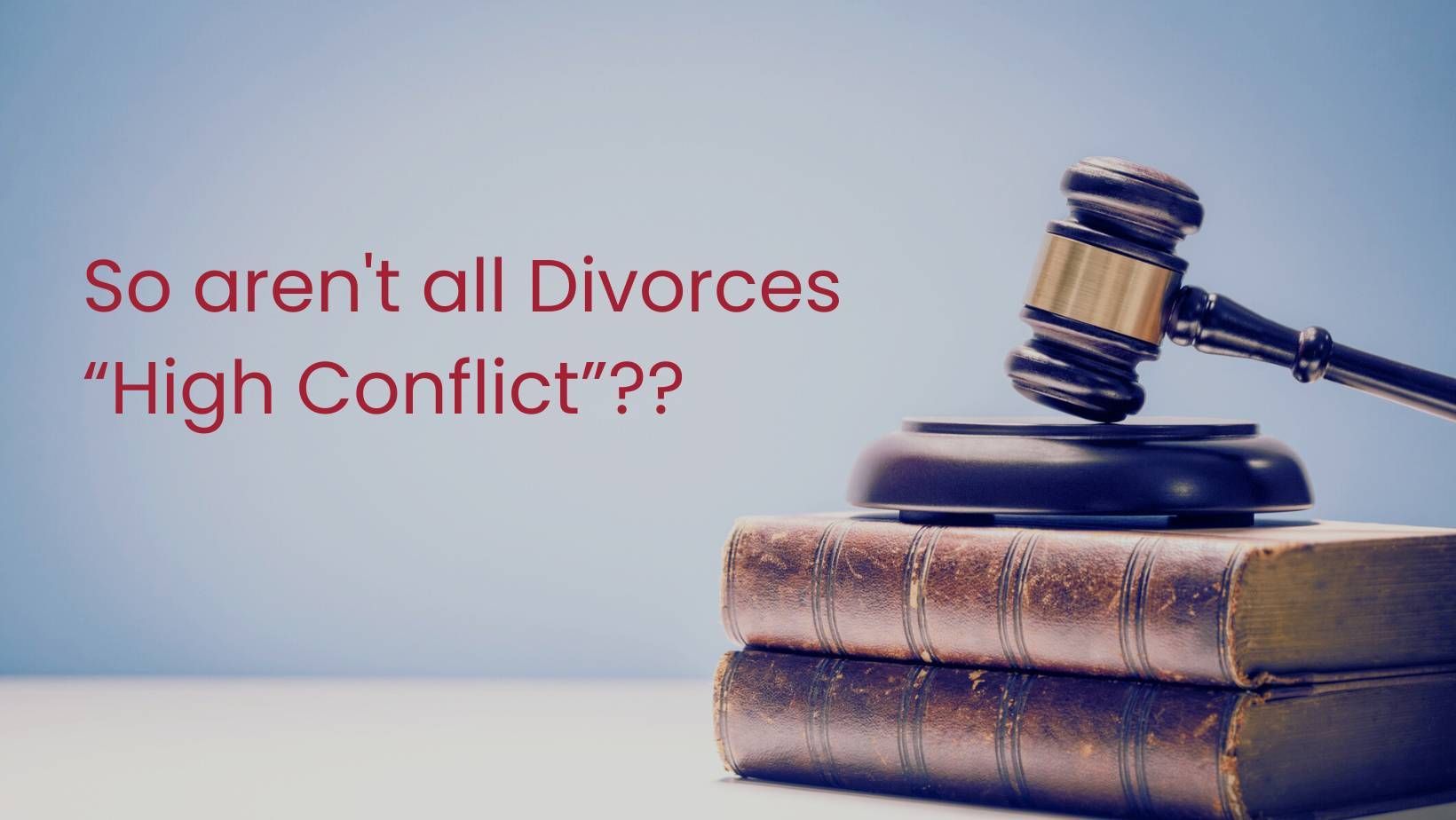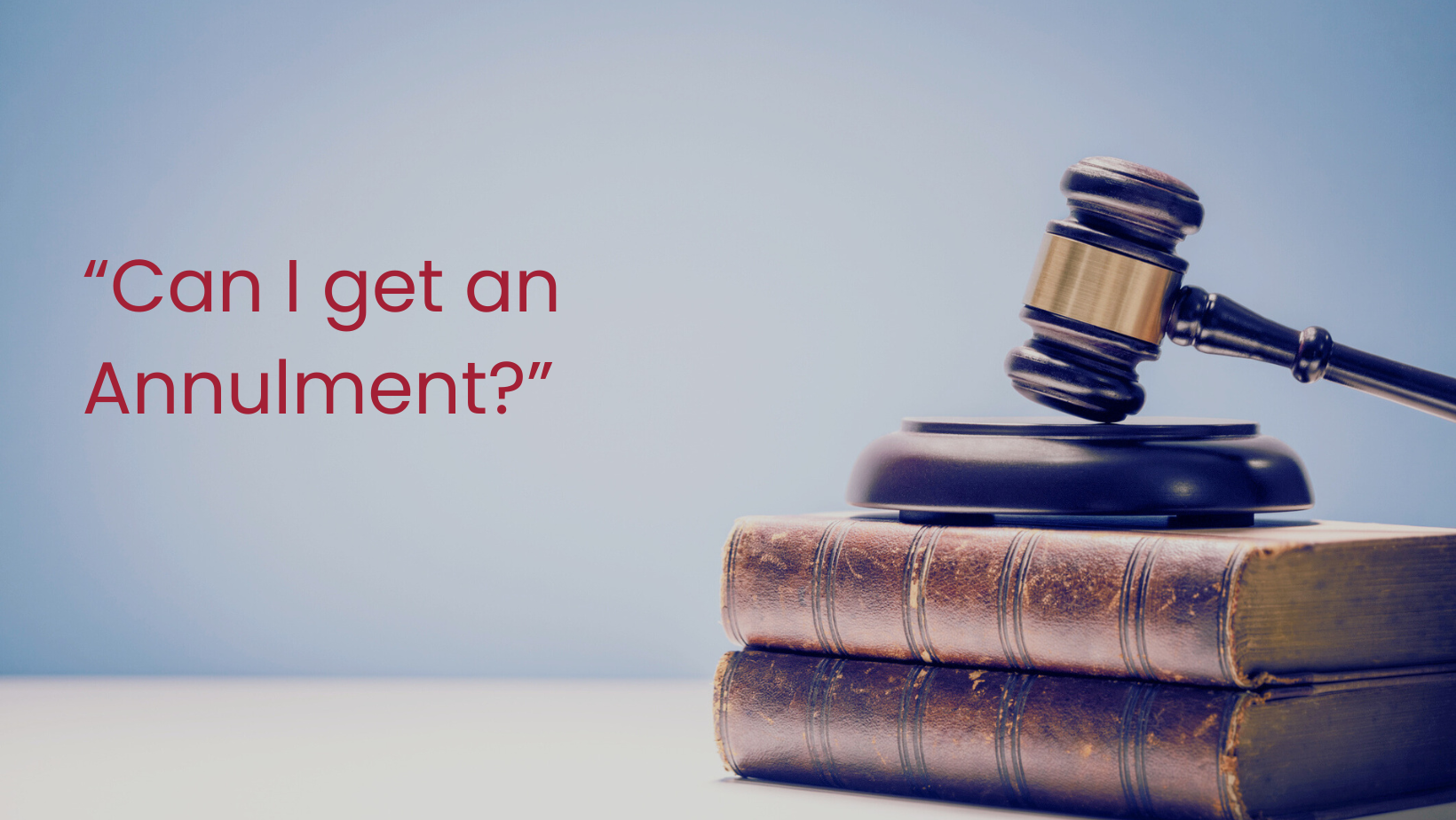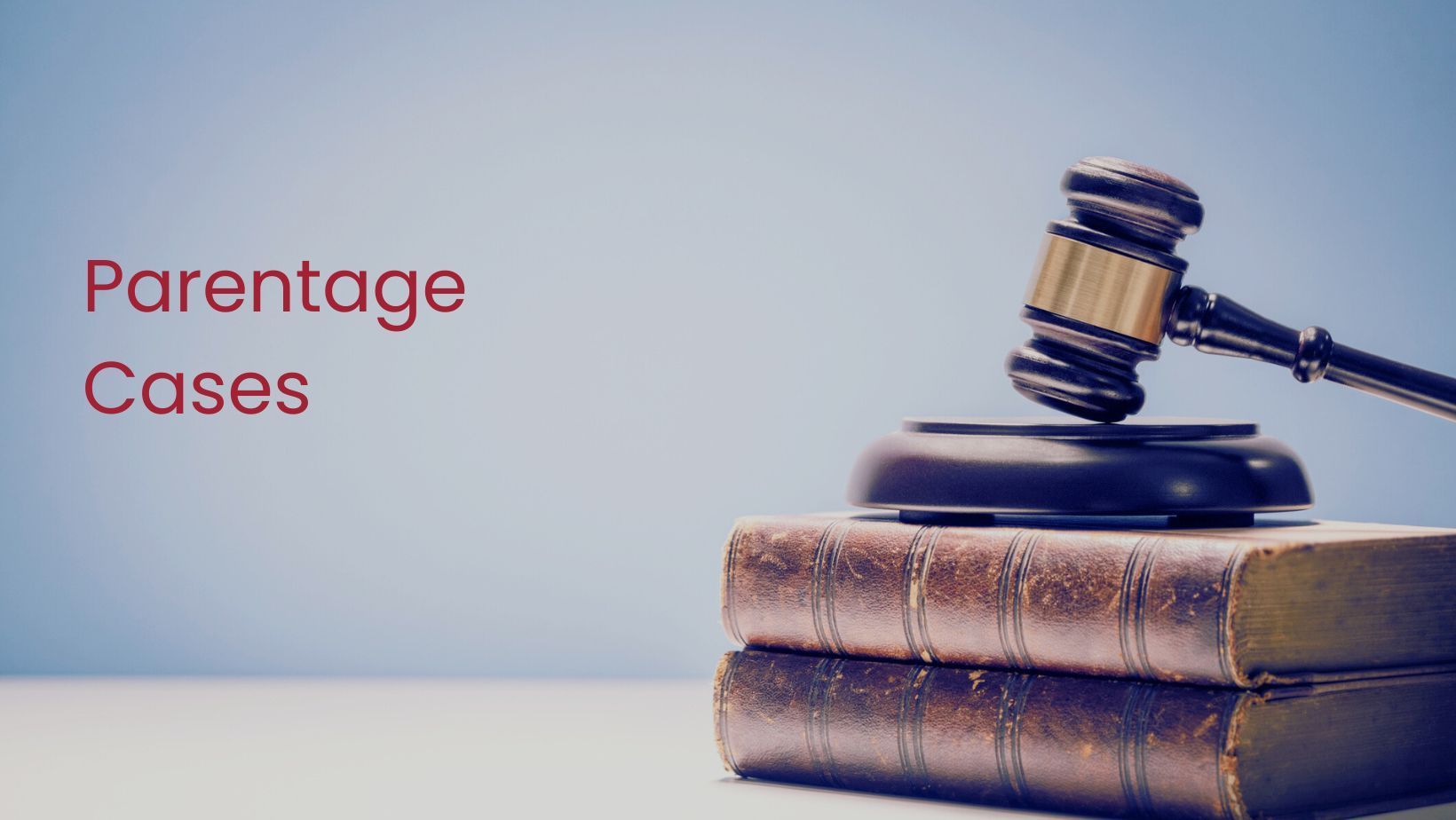Child Emergencies: What You Need to Know about Winning Ex Parte Child Custody Hearings
- By Daniel R. Gold
- •
- 17 Mar, 2020
- •
Winning Ex Parte Cases Can Save Your Child’s Life
Introduction
Divorce is certainly a time in which there may be a child custody discussion. On the other hand, there may be situations wherein custody may have to be established for the safety or well-being of the child(ren) without a marriage dissolution in the picture. The Latin term Ex Parte is used in the legal profession to refer to court proceedings for the benefit of one party to a controversy, without the other being present. Specifically, an Ex Parte order for child custody is a legal document filed with the court without notifying the other spouse, and it must be in response to a real emergency of some kind. There is no crying wolf. Child abduction is an example of such an emergency, but there are others that include mental and physical abuse.
Problems like the parents not being able to agree who will be with the children on Christmas Eve is NOT an emergency. Christmas Eve is the same every year and it is not an unforeseen circumstance. Courts keep a tight rein on what is deemed an emergency. In making an Ex Parte request, a party is essentially “knocking” on the courthouse door and asking the Judge to make a decision “out of order”, sometimes before a Judge had an opportunity to hear other parties matters that were already scheduled that day. One thing you should never do is risk earning the ire of a bench officer with a matter that is not urgent.
What can you expect at one of these hearings? What
occurs before, during, and after this very serious type of court case? It is
important because something heinous could be happening to the child, and an unsuccessful
outcome will haunt you for years if your child’s case isn’t handled
appropriately and quickly.
Well Before the Hearing
Do
Your Homework:
In
normal child custody cases, the court makes both parties aware of the specifics
of the dispute and the court date. In an Ex Parte
case, one party
petitions (files the required documents called ‘pleadings’) with the court with
the help of the court or an attorney. A large part of being prepared is knowing how
different courts handle Ex Parte cases. There is not a lot of consistency
between and among courts across even the same county. Your best bet is to hire an attorney in the
county where you reside or where the situation is occurring so they can help
you be successful in handling your child’s emergency.
Right Before the
Hearing
Know the Alternatives:
There are a couple of ways the case can go: 1)
The court will review the pleadings and rule on them without hearing the oral
argument and 2) The court will review the pleadings, listen to the argument,
and then make a ruling.
Review of
Pleadings Alone or Pleadings and Argument
Pleadings Alone: Some courts assume your assertions
about the child’s situation are true and the court makes a ruling based on
that. In this case, you have submitted the paperwork (called pleadings) on the
day of or several days before the hearing depending on the county. When you
arrive at the hearing, the court will have reviewed the paperwork and will
often have a ruling on the emergency child custody order when you arrive or
shortly thereafter based on the pleadings alone.
Pleadings and Argument: Some courts will review
the pleadings but want to hear arguments from the parties. The court may want
some clarification from you or want to hear from your spouse for an
explanation.
After the
Hearing
The ruling will be made in writing, and should be recorded on what is currently the California Judicial Council Form entitled “Temporary Orders.” An Ex Parte emergency child custody order will have specific child custody orders and possibly attachments directing the opposing party or parent to post a child abduction bond. The purpose of this bond is to facilitate the district attorney’s ensuring that the parent seeking to recover their child will be successful. It might also cover expenses wherein the other parent can have visitation only with a paid supervisor, for example.
If the court denies emergency relief, the matter may be set for a regular hearing on either a normal time or on an expedited time frame, also called an Order Shortening Time (“OST”)
Whether the court grants an emergency child custody order, an OST, or sets for a regular hearing, California Family Code section 3190 requires that the parties be referred to Child Custody mediation. If the parents are successful at mediation, they will be asked go back to the court for the return hearing. At this time, both parents will have an opportunity to tell their side of the story and the court will make a ruling on this subsequent court date as well.
Conclusion:
Ex Parte cases are serious because by definition they
are an attempt to correct some emergency situation concerning your child or
children. Because the courts vary in their handling of these cases, it’s best
to have the help of an attorney that knows which courts tend to have more
favorable approaches and responses.
Please Contact Us if You Need Help in This Regard
Call: 949-756-0685
Email: dgold@tldlaw.com
Disclaimer
This information outlines a few of the concepts that surround child custody issues in the State of California. It is not intended to be, nor should it be construed as legal advice for any particular situation. Please seek advice from TLD Law or your personal attorney in your state or jurisdiction.
* * * *
Author: Daniel R. Gold., Esq.
Mr. Gold was admitted to the State Bar of California and the United States District Court in 1993. Mr. Gold leads the family law practice at TLD Law and is certified by the State Bar of California Board of Legal Specialization as a family law specialist. At this time, there are only approximately 5% out of 200,000 attorneys practicing state wide, certified to be specialists.
